Tecolite Academy
Stay informed of the latest developments in LED lighting technology.
GU10 Motion Sensor Spotlights: How They Work & Best Uses?
GU10 Motion Sensor Spotlights: How They Work & Best Uses? Ever walked into a dark room fumbling for light switches? Or worried about security when
Is It Safe to Use Non-Dimmable LED Bulbs with a Dimmer Switch?
Lighting is crucial for setting the mood in our homes, but using the wrong components can lead to frustration and damage. This guide explores the compatibility of non-dimmable LED bulbs with dimmer switches, addressing common issues and offering safe alternatives.
Do Dimmable LED Bulbs Wear Out Faster When Frequently Dimmed?
Dimmable LED bulbs are popular for their energy efficiency and flexibility, but do they wear out faster when frequently dimmed? Understanding the interplay between dimming, thermal stress, and LED driver quality can help you make informed lighting choices. Let’s dive deeper into this topic and uncover the best practices for maintaining your lighting systems.

What Are the Benefits of Using Dimmable LED Bulb Spotlights in Home Lighting?
Dimmable LED spotlights are a game-changer in home lighting. Their ability to adjust brightness not only enhances the atmosphere but also reduces eye strain and saves energy. With a longer bulb life and versatility for various spaces, these lights are perfect for any home. Explore how dimmable LEDs can transform your living experience.
What Are the Benefits of Using LED Near-Infrared Light Bulbs?
LED near-infrared light bulbs are transforming wellness and healing practices. By emitting wavelengths that penetrate deeply into the body’s tissues, they promote faster recovery, reduce pain, and support overall health. This non-invasive therapy is gaining traction in medical settings for its effectiveness in enhancing tissue repair, improving circulation, and managing pain. As research continues to explore its applications—from wound healing to potential uses in neurology—understanding how NIR light interacts with the skin can help individuals make informed decisions about incorporating this technology into their health routines. Safety considerations are essential when using these devices to prevent risks such as skin burns or eye damage. Discover how to integrate NIR light into your daily life for improved well-being.

Why Are Commercial Spotlight Requirements Stricter Than Residential Ones?
Have you ever wondered why commercial spotlights face stricter scrutiny than residential ones? It turns out there are multiple factors at play, from usage frequency and lighting quality to energy efficiency and safety standards. Understanding these elements can help professionals in construction and design make informed choices.


